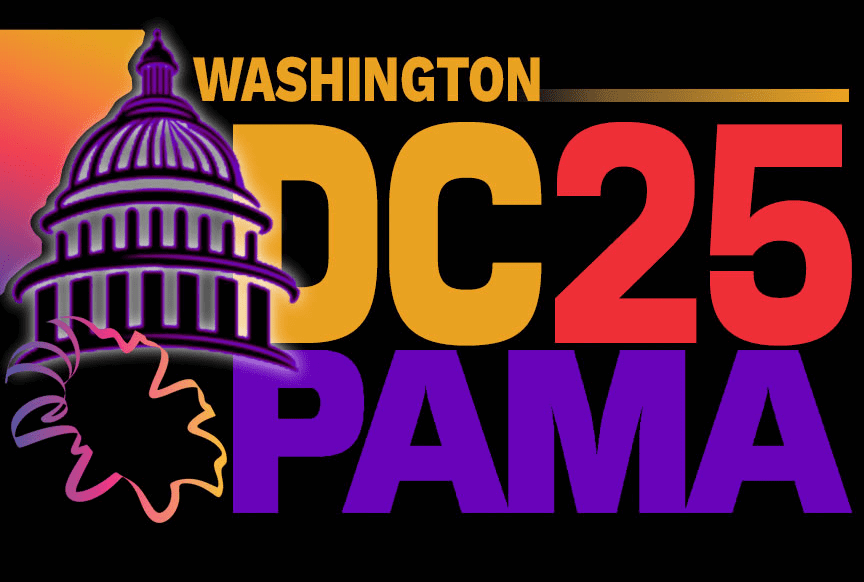We have just returned from the Performing Arts Medicine Association (PAMA) Annual Symposium, hosted by Johns Hopkins University in Washington DC, where we were amongst over 300 performing arts clinicians, educators and researcher delegates, with representatives from the global community. The theme this year was Safeguarding Performance: Advocating for Occupational Health within the Performing Arts. This is a topic very close to our hearts at BAPAM as we collaborate with the creative industry on clinical advice, standards, training and tools to improve the working environment and support health.
BAPAM was represented by CEO Claire Cordeaux, Medical Director Dr Finola Ryan, who presented in at least 4 panels and workshops, and Performing Arts Medicine Physiotherapist and Educator Dr Sarah Upjohn, who presented her work with the Royal Liverpool Philharmonic, supporting physiotherapists working with orchestral musicians: A-Symphony-of-Good-Sense
Day one had a strong focus on occupational health, and Dr Finola Ryan joined the international panel with PAMA President Elect Dr David Hinkamp, to agree on the risks to health in the performing arts, the neglect of occupational health and the need for health surveillance and registries to better understand the longer term impact of interventions to prevent poor health. It was good to see such a strong international alignment with BAPAM’s own thinking and to hear about the developing opportunities for collaborative work. Our own workshop looked at using a risk assessment format to identify and quantify hazards in the performance environment, and take effective steps to mitigate risk and support creative workers’ health.
Some of the key learning points for us from research presented were:
- The link between posture and TMJ problems in woodwind instrument players
- The impact of identity on musicians’ health
- At least two studies demonstrating the impact of exercise on physical injury and performance anxiety after a short 6 week intervention
Dr Anna Detari from the Royal College of Music presented an excellent piece of work following a qualitative study of neurodivergent musicians and has kindly offered to do a longer session on this for our clinicians at BAPAM. Dr June Sheren also presented her work on the menopause and musicians alongside other experts. Her talk was very well received at our own CPD session earlier this year.
There was a real focus on circus arts later in the conference with a brilliant keynote from the Clinical Director of Cirque du Soleil which described their approach to healthcare, including a salutary lesson on listening to your artists when designing your programme. We also heard from a group who had been successfully advocating for recognition of circus arts and how there is a developing legislative framework to support safe working practices.
As always there was lots to reflect on and to follow up with new friends and colleagues internationally. Over the last few years it has been exciting to see the PAMA community come together to develop core competencies for performing arts clinicians, and opportunities for collaborative approach. Performing arts medicine is a small specialty, but one that has become increasingly established, and it is very valuable to connect with international colleagues to learn from new research and develop approaches together.
It is always heartening to hear the high esteem in which BAPAM is held internationally, and to have confirmation of our unique service across the world. We are grateful to have such a warm reception when we attend PAMA and that so many people want to collaborate. It is an honour that our Medical Director Dr Finola Ryan has been selected as a PAMA Board member and will be co-chairing the next PAMA conference in New York. We look forward to many more years of working together with PAMA.

